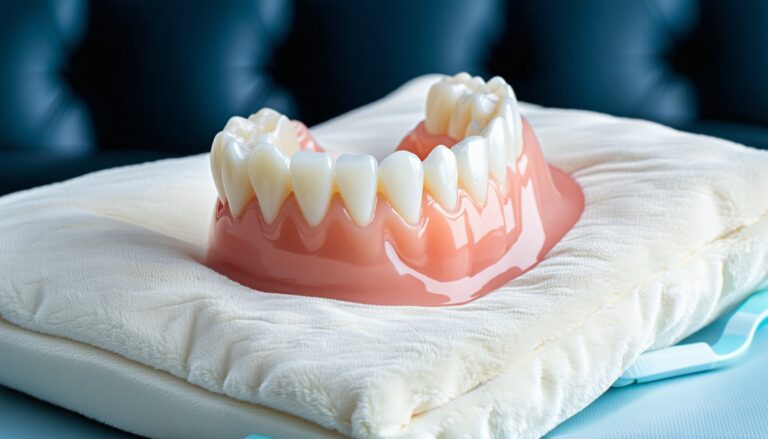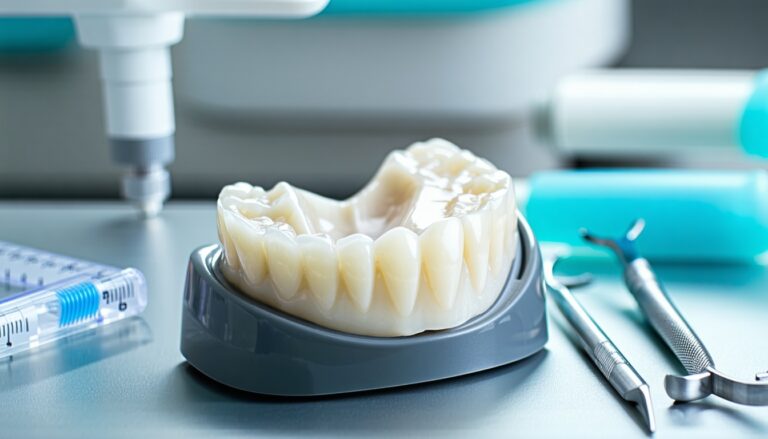Understanding TMD: A Patient’s Perspective
Temporomandibular Joint Disorder (TMD) can significantly impact your daily life, especially if left untreated. Understanding these impacts is crucial in recognizing the importance of seeing a united healthcare tmd treatment dentist.
Impact of Untreated TMD
Patients with untreated TMD often experience a range of symptoms that can affect their overall well-being. Common issues include jaw pain, headaches, difficulty chewing, and even earaches. These symptoms may lead to:
- Increased stress and anxiety
- Sleep disturbances
- Reduced productivity at work
- Imbalance in social interactions
Untreated TMD can affect both your physical and emotional health. Patients frequently describe feelings of worry and social discomfort due to persistent symptoms. Severe cases compel them to seek professional help, highlighting the necessity of prompt and effective treatment.
For more information on symptoms and early signs, you can visit our guide on jaw pain specialist aetna dental plan.
Influence on Daily Life
The daily life of individuals with TMD is often disrupted. Persistent pain and discomfort can make once-simple tasks challenging and lead to:
- Difficulty eating solid foods
- Trouble speaking clearly
- Avoidance of social gatherings
- Difficulty concentrating
An illustrative survey shows the prevalence and severity of these symptoms among patients:
| Symptom | Percentage Affected |
|---|---|
| Jaw Pain | 75% |
| Headaches | 60% |
| Difficulty Chewing | 50% |
| Earaches | 40% |
Such significant impacts on daily routines lead many to finally prioritize seeking specialized care from professionals. Participants in various studies have emphasized the necessity of early identification and management of TMD symptoms. Early intervention can significantly reduce the severity of symptoms and improve quality of life (Hairy Goddess).
If you’re experiencing any of these issues, considering a metlife insurance tmj specialist is a controlled step towards improving your health and well-being.
By understanding how untreated TMD can affect your daily life, you can better recognize the importance of seeking timely and appropriate care. Remember, the sooner you address your symptoms, the closer you are to a pain-free life. For additional guidance, check out our page on does insurance cover tmj therapy.
Seeking Professional Help for TMD
Decision-Making Process
For individuals experiencing TMD, deciding to seek professional help is often prompted by the severity of symptoms and their impact on daily life. Many patients express concern and social discomfort due to TMD symptoms but strive to maintain normalcy. When symptoms become severe, this compels them to seek expert attention (BMC Oral Health).
The decision to seek professional advice is heavily influenced by pain, disability, and individual factors. Patients recognize the importance of early identification and management of TMD. They take an active role in the care-seeking process, driven by the need to alleviate discomfort and improve their quality of life. For those wanting to know if their insurance covers TMD treatment, our article on does insurance cover tmj therapy is a helpful resource.
Challenges in Accessing Dental Care
Despite the urgency and necessity of seeking treatment, many patients face significant barriers in accessing dental care. Financial constraints frequently pose a hurdle, as the cost of TMD treatment can be high, even with comprehensive insurance coverage. In addition, availability of public dental health services may be limited, leading to long waiting lists and cancelled appointments (BMC Oral Health).
| Challenge | Description |
|---|---|
| Financial Constraints | High cost of treatment, insufficient insurance coverage |
| Availability of Services | Long waiting lists, cancelled appointments |
| Accessibility | Limited public dental health services in certain areas |
| Communication Barriers | Challenges in effectively communicating symptoms, trust issues |
Patients often take the initiative to secure referrals and explore alternative healthcare options to overcome these barriers. For residents of Huntersville, North Carolina, finding a trusted, full-service dentistry provider that accepts comprehensive insurance plans like BCBS, MetLife, and United Healthcare can significantly ease the burden. For more specific information regarding insurance coverage, visit our pages on metlife insurance tmj specialist and tmd therapy with blue cross blue shield insurance.
Navigating through these challenges can be arduous, but having a reliable dental provider can make the process more manageable. For those seeking help in managing TMD, consider exploring our resources on orthotic device for tmj with insurance coverage and bcbs dentist for tmj treatment. These resources provide valuable insights to ensure you get the appropriate care and support needed to manage your condition effectively.
Identifying and Managing TMD
Importance of Early Intervention
Early intervention in temporomandibular disorders (TMD) is crucial for preventing the worsening of symptoms. Patients with TMD often go undiagnosed, leading to untreated conditions. BMC Oral Health highlights these challenges and underscores the importance of recognizing symptoms early. By seeking prompt treatment from a united healthcare TMD treatment dentist, you can minimize chronic pain and mitigate the impact on your daily life.
TMD symptoms can include jaw pain, headaches, and difficulty chewing. Ignoring these symptoms can lead to significant discomfort and reduced quality of life. The decision to seek professional advice for TMD is often guided by the severity of symptoms and the associated disability. Patients emphasize the importance of early identification and comprehensive management.
To efficiently address TMD, it’s advisable to Regular visits to a dentist, especially one who accepts comprehensive insurance plans like MetLife or BCBS, can help detect and treat TMD early.
Patient’s Active Role in Care
As a patient, taking an active role in your TMD care is essential. Your involvement can significantly contribute to the effectiveness of the TMD treatment. Being informed about your condition and treatment options empowers you to make better decisions.
Here’s how you can be proactive in your TMD management:
- Identify Symptoms: Pay attention to early signs like jaw pain, clicking sounds, and headaches.
- Consult Professionals: Visit a united healthcare TMD treatment specialist.
- Follow Treatment Plans: Adhere to prescribed therapies and wear any recommended devices, such as a TMJ bite guard.
- Utilize Supportive Therapies: Engage in complementary treatments such as physical therapy or chiropractic care covered by your insurance plan.
- Maintain Regular Follow-ups: Keep appointments with your healthcare provider to monitor progress and make necessary adjustments to your treatment plan.
Keeping a diary of your symptoms, communicating with your dentist, and asking questions during your appointments can help tailor the treatment to your specific needs.
For a more comprehensive approach to your dental health, consider utilizing providers covered by your insurance, such as Delta Dental TMJ coverage approved providers or other suitable options.
By being proactive and collaborating with healthcare professionals, you can effectively manage TMD and improve your overall quality of life. For further information on managing jaw pain and related conditions, explore our resources on does insurance cover TMJ therapy.
| Role | Actions |
|---|---|
| Identify Symptoms | Recognize early signs |
| Consult Professionals | Visit specialists |
| Follow Treatment Plans | Adhere to therapies |
| Utilize Supportive Therapies | Engage in complementary treatments |
| Maintain Follow-ups | Regular check-ups |
Exploring these steps can lead to better outcomes in managing TMD and ensuring a healthier, pain-free life.
Barriers to TMD Treatment
Knowing the barriers to TMD (Temporomandibular Disorder) treatment is crucial for affluent professionals, executives, and retirees in Huntersville, NC, to make informed decisions regarding their dental care. Two primary barriers to TMD treatment include financial constraints and access to dental services.
Financial Constraints
Patients often express concerns about the high costs associated with TMD treatment. Even though you might have comprehensive insurance coverage, financial constraints can still pose a significant barrier. Treating TMD often involves a multifaceted approach, requiring various services ranging from dental exams to specialized treatments like orthotic devices and occlusal splints. Without proper financial planning, the accumulated costs can become overwhelming.
A significant survey showed that patients frequently experience frustration and social discomfort due to the symptoms of TMD, yet the financial burden compels them to delay or forgo necessary treatments. Long waiting lists and high out-of-pocket expenses further exacerbate this issue.
To navigate financial barriers more effectively, it’s crucial to explore all available insurance options. Many insurance plans, including United Healthcare, cover certain TMD treatments. You might find it beneficial to review your insurance details and check if services like tmj bite guards covered by insurance or bcbs dentist for tmj treatment are included. You should also investigate flexible spending accounts (FSAs) or health savings accounts (HSAs) as they can provide additional financial relief.
| Insurance Provider | TMD Treatment Coverage |
|---|---|
| United Healthcare | Yes |
| Blue Cross Blue Shield | Yes |
| Delta Dental | Yes |
| MetLife | Yes |
| Americo | Yes |
Access to Dental Services
Access to quality dental services for TMD treatment can be challenging, even in affluent communities. Patients often report difficulties in securing timely appointments due to long waiting lists and canceled appointments. This lack of availability delays necessary care, which could exacerbate the condition.
Additionally, geographical limitations may pose a barrier. While Huntersville offers many dental practices, not all may specialize in advanced TMD treatments. It’s essential to find a provider who not only accepts your insurance but also specializes in treating TMD comprehensively.
Effective communication with your dental care provider is also vital. Patients often express difficulties in conveying their symptoms accurately, resulting in delays or inappropriate treatments. You should actively participate in discussions about your symptoms and treatment options. Many practices now offer telehealth consultations, which can help you access specialized care without extended travel or wait times.
Consider seeking care from practices that offer comprehensive services under one roof. This approach minimizes the need for multiple referrals and ensures coordinated care, helping to relieve the frustrations associated with fragmented treatment plans.
For more information about how specific insurance plans cover TMD treatments, you can visit:
- metlife insurance tmj specialist
- delta dental tmj coverage approved providers
- tmd therapy with blue cross blue shield insurance
Addressing these barriers can help you achieve more effective and timely TMD treatment, ensuring that your dental health and overall well-being are optimally maintained. Explore reliable resources and consult with trusted dental practitioners in Huntersville, NC, who understand the intricacies of TMD treatment within the framework of your comprehensive insurance coverage.
Patient Experiences with TMD Treatment
Challenges in Treatment
Patients often encounter a myriad of challenges while seeking treatment for Temporomandibular Joint Disorder (TMD). Access to a suitable TMD specialist can be difficult due to limited availability or conflicting treatment methodologies among practitioners. This leads to discrepancies in care and can prolong the suffering of the patient. A significant number of individuals report unfulfilled expectations regarding the timeliness and appropriateness of care (BMC Oral Health).
Moreover, patients may face difficulties finding in-network providers who can deliver the specialized TMD care they require. For instance, navigating through insurance coverage and the list of approved providers can be cumbersome. If you have United Healthcare insurance, you may benefit from finding a United Healthcare approved TMD dentist who can guide you through your treatment journey effectively.
For some patients, financial constraints pose an additional hurdle. Even with comprehensive insurance plans like those from BCBS or MetLife, certain TMD treatments may not be fully covered, leading to out-of-pocket expenses. It’s advisable to verify if treatments like TMJ bite guards or occlusal splints are covered under your insurance plan to avoid unexpected costs.
Communication Barriers
Effective communication is critical when managing TMD, yet many patients report barriers in articulating their symptoms and expectations clearly. Miscommunication between patients and dental care providers can lead to incorrect diagnoses or suboptimal treatment plans. For patients, learning to describe specific symptoms accurately—such as jaw pain, clicking sounds, or limited movement—can help practitioners tailor their approach. Tools like symptom diaries or smartphone apps can aid in tracking symptoms over time.
Communication barriers also extend to understanding the treatment plan and navigating insurance details. Clear discussions about the proposed treatment, benefits, risks, and alternatives are essential. Uncertainty in these areas can hinder patient compliance and satisfaction. If you are uncertain about your coverage details for TMD therapy under BCBS, check out our dedicated page on tmd therapy with blue cross blue shield insurance.
Patients frequently report feeling under-informed about how their insurance will handle specific TMD treatments. It’s important to discuss with your provider and insurance representative about the extent of coverage for various treatments, whether it’s jaw pain specialist care under Aetna or TMJ disorder treatment covered by Aetna.
To enhance communication with your dentist, prepare a list of questions before your consultation. Inquire about different treatment options, the rationale behind each, and potential outcomes. For instance, understanding whether your insurance covers mandibular advancement devices or sleep apnea oral appliances can provide peace of mind and clarity.
Key Areas of Focus in TMD Treatment:
| Challenge | Description |
|---|---|
| Access to Care | Limited availability and conflicting methodologies among providers |
| Financial Constraints | Out-of-pocket expenses despite having comprehensive insurance |
| Communication Gaps | Miscommunication leading to incorrect diagnoses and treatment plans |
| Insurance Navigation | Understanding what treatments are covered can be complex |
Addressing these challenges involves proactive communication, verifying insurance details, and seeking specialists who are well-versed in TMD care. For more information on related topics, explore our articles on BCBS dentist for TMJ treatment and MetLife insurance TMJ specialist.








